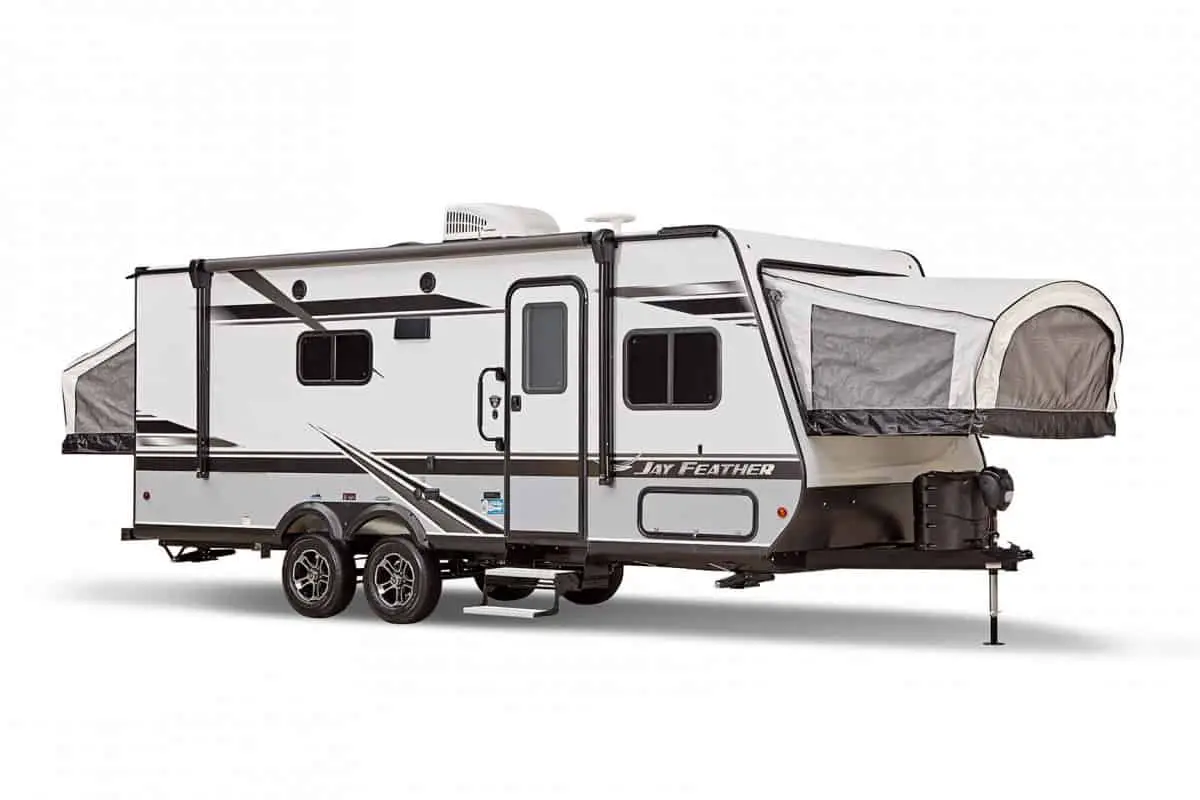
Bigger isn’t always better. While the class a motorhomes that are nicer than many homes are surely impressive, they’re not for everyone. And they’re not in everyone’s price range. But not just motorhomes. Even fifth wheels are bigger and pricier than many people need.
 People are turning to smaller rvs for the many benefits they pack in a small but powerful punch. Smaller rvs aren’t just for people dipping a toe in the rving lifestyle anymore. Some experienced rvers are even downsizing for the benefits a smaller rv offers. First off are the cost benefits that purchasing a smaller rv offers.
People are turning to smaller rvs for the many benefits they pack in a small but powerful punch. Smaller rvs aren’t just for people dipping a toe in the rving lifestyle anymore. Some experienced rvers are even downsizing for the benefits a smaller rv offers. First off are the cost benefits that purchasing a smaller rv offers.
Oh My, There's Nothing Here!
Categories motorhomes and rvs
home » camping » motorhomes and rvs » class a vs class c rv: differences + pros and cons
two of the most popular types of rvs are class a and class c.
 The best rv for you depends on a number of factors including where you plan to camp, for how long you plan to camp, the number of people you’re camping with, and your personal preference. In this guide, i’ll explain the differences and outline the pros and cons of camping in a class a vs class c rv. I’ll cover size, amenities, ease of driving, cost, fuel efficiency, maneuverability, sleeping space, and much more.
https://en.wikipedia.org/wiki/Caravan_(trailer)
The best rv for you depends on a number of factors including where you plan to camp, for how long you plan to camp, the number of people you’re camping with, and your personal preference. In this guide, i’ll explain the differences and outline the pros and cons of camping in a class a vs class c rv. I’ll cover size, amenities, ease of driving, cost, fuel efficiency, maneuverability, sleeping space, and much more.
https://en.wikipedia.org/wiki/Caravan_(trailer)
Three least favorite about your tiny camping experience? i don't love the awning. Exterior storage doors are too small. Everywhere you go, people want to ask you about it and get a tour of the bells and whistles. Did the small living space benefit you? if so, how? i think it is the perfect size for a solo traveler using it recreationally. I am generally not on the road for longer than six weeks so this small camper is fine for me. If i traveled for months at a time i would probably want a small toy hauler trailer. What are your three favorite things about this teardrop trailer?.
I am fortunate to live within 5 miles of the canadian border (washington state), so british columbia is pretty darn close to me. A few days ago i went to visit a canadian rv dealer that had the alto safari condo line available to view (strictly as display models), and i was very impressed with with i saw and was able to see, touch, feel, and sit in. High quality construction, excellent fit and finish, and thoughtful touches throughout. It has the most comfortable camper dinette seats i have ever sat down upon, and the sofa area that converts to a queen size bed is also very comfortable for this hard mattress loving guy.
You are not physically using your rv, but renting it out often means making a commitment to being reachable for the duration of the rental period. Even if your rental comes with 24/7 roadside assistance, you will probably still be the first person renters call when something goes wrong or they forgot something as simple as how to turn on the pilot light. Then you also have the time it takes to clean, stage and inspect your rv. Sure, you can hire someone to do this for you, but it will eat into your profits and managing them will also take up some of your time.
A smaller rv size can mean you’ll be able to travel at a faster pace, more comfortably. If you travel around the country chasing the weather, your favorite sports team, or your next cycling race, you’ll have an easier time moving often with your increased camping and parking options. Driving frequently will take less of a toll on you physically and mentally with a smaller rig. If your rv travel will require a fast pace, or you’d like to have the option to move around flexibly, you’ll be happier in a slightly smaller rig than the one you initially considered.
Let’s start with the basics. A utility trailer, or cargo trailer, is an unpowered vehicle that usually features a flat, open cargo area (the “utility” part) and is towed behind your car or truck (the “trailer” part). Utility trailers typically weigh less than 1,500 lbs, but are often closer to 800 lbs unloaded.